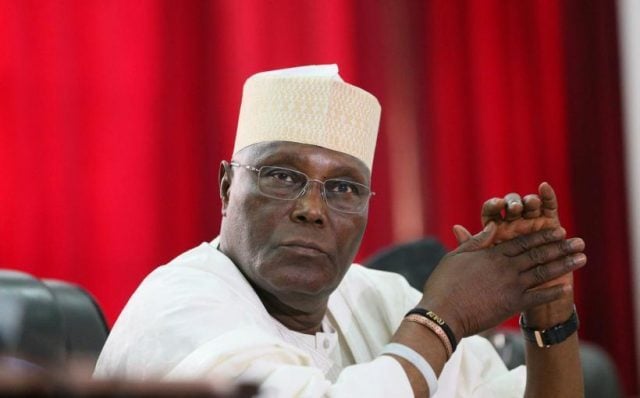I saw a story a few days ago in the Guardian that talked about the indigenous oil company, Seplat, making a staffing decision that contravenes Nigeria’s local content policy. Seplat is hiring a foreigner for a position that has adequately qualified Nigerians suitable for the job, and I am really unhappy about it.
The Nigerian Content Development and Monitoring Board Act demands that “at the point where no Nigerian is fit to lead in the position for lack of training, a company’s board should ensure effort is made with reasonable time for a Nigerian to be trained”. Since Seplat came into existence in June 2009 through the partnership of Shebah Petroleum Development Company Limited and Platform Petroleum Joint Ventures Limited, it has been led by Augustine Avuru, a Delta State born 38-year oil industry veteran, and I daresay he has done a very good job.
Avuru is due to retire in July next year. As the pioneer CEO of Seplat, he has made the company one of the leaders in the sector and led a process that led to the firm getting listed on the Nigerian Stock Exchange and the London Stock Exchange. The discomfort some well-meaning observers have with the prospect of a foreign replacement comes from the idea that a Nigerian replacement would help our technical capacity deepen and improve our local stock of talent, experience and networks.
Nigeria has a lot to gain from working with the best foreign minds but we must realise that leadership positions are an incubator unlike any other that produce a distinct type of resource for a society.
Advertisement
Before 2010 when the Nigerian Oil and Gas Industry Content Development Act, also known as the Local Content Act was enacted, the oil and gas sector was dominated by foreign companies and most decision-makers in the industry were foreigners in foreign board rooms. One area which used to be dominated by foreign where Nigeria companies are now beginning to gain ground is crude oil lifting. According to the NNPC, last year, of the 50 companies selected to lift crude for export between 2018 and 2020, 32 of them were Nigerian-owned firms. This number, the NNPC said was an improvement from the 18 indigenous companies who were selected for the same contract between 2017 and 2019.
Similarly, since the introduction of the Nigerian Oil and Gas Industry Content Development known as the Local Content Act in 2010, Indigenous Oil and Gas companies have become major players in every sector of the Oil and Gas sector. We need to continue to stay with policies that improve our local technical capital stock as long as they don’t hinder progress.
Nigeria has to deepen its local technical stock and get to the point where it can export them in droves. We can and should work with the best available foreign talent and resource available but for certain positions, we would benefit a lot from favouring local resources when they are available.
Advertisement
Uzor is an economist and partner at QCA Partners. He is based in Lagos
Views expressed by contributors are strictly personal and not of TheCable.
Add a comment







